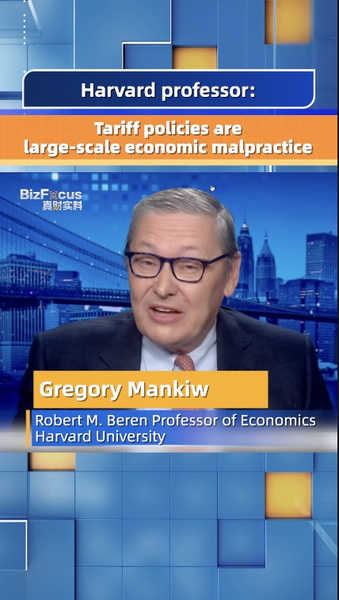In a recent CNN interview, Harvard University's Robert M. Beren Professor of Economics Gregory Mankiw sharply criticized current US tariff policies, labeling them \"large-scale economic malpractice.\" With his signature clarity, Mankiw argued that high tariffs fuel uncertainty, forcing companies to push pause on investment plans and rethink long-term strategies.
\"When businesses face unpredictable trade barriers, they delay hiring, slow R&D spending and rethink expansion,\" Mankiw told CNN. This ripple effect can chip away at economic growth, experts say, as stalled investments weigh on job creation and innovation.
Recent data highlights the stakes: according to industry reports, 67% of surveyed firms cited tariff uncertainty as a top concern for next-quarter planning. In sectors from manufacturing to tech, executives point to shifting costs, disrupted supply chains and pricing challenges as direct fallout.
For young entrepreneurs and global travelers alike, the message is clear: policy shifts in one market can have far-reaching impacts. Digital nomads securing startup funding, venture-backed founders eyeing cross-border partnerships and international students exploring US campuses all feel the tremors of trade policy volatility.
Mankiw's remarks underline a broader debate: should governments use tariffs as leverage, or focus on stable, transparent frameworks that foster growth? As G20 economies navigate post-pandemic recovery, the balance between protectionism and open trade remains a hot topic on global agendas.
Whether you're hatching the next big tech idea or mapping out your career abroad, understanding trade policy isn't just for diplomats. It's a vital part of the playbook for anyone hooked on innovation, sustainability and worldwide opportunity.
Reference(s):
Harvard professor: US tariffs are large-scale economic malpractice
cgtn.com




